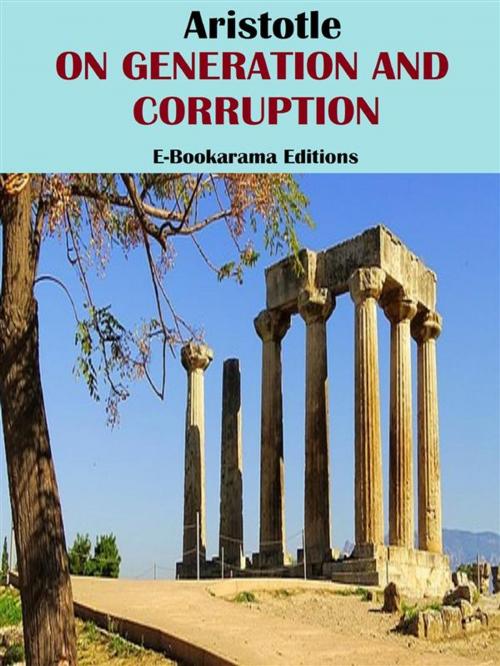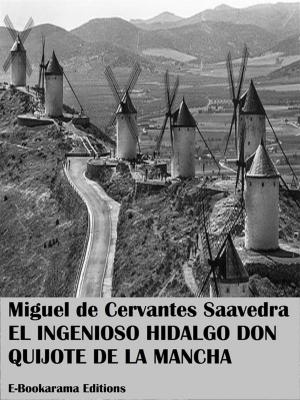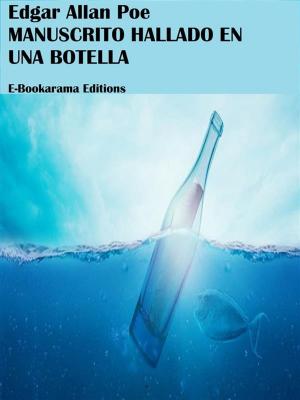On Generation and Corruption
Nonfiction, Religion & Spirituality, Philosophy, Ancient, Science & Nature, Science, Other Sciences, Philosophy & Social Aspects| Author: | Aristotle | ISBN: | 9788832597882 |
| Publisher: | E-BOOKARAMA | Publication: | May 3, 2019 |
| Imprint: | Language: | English |
| Author: | Aristotle |
| ISBN: | 9788832597882 |
| Publisher: | E-BOOKARAMA |
| Publication: | May 3, 2019 |
| Imprint: | |
| Language: | English |
"On Generation and Corruption" (also known as "On Coming to Be and Passing Away") is a treatise by Aristotle. Like many of his texts, it is both scientific and philosophic (although not necessarily scientific in the modern sense). The philosophy, though, is essentially empirical; as in all Aristotle's works, the deductions made about the unexperienced and unobservable are based on observations and real experiences. The question raised at the beginning of the text builds on an idea from Aristotle's earlier work "The Physics". Namely, whether things come into being through causes, through some prime material, or whether everything is generated purely through "alteration." From this important work Aristotle gives us two of his most remembered contributions. First, the Four Causes and also the Four Elements (earth, wind, fire and water).
Even the best of Aristotle’s scientific work has now only a historical interest. The abiding value of his treatises lis not in their particular scientific assertions but in their philosophical analyses of some of the concepts that pervade the physics of different eras—concepts such as place, time, causation, and determinism.
"On Generation and Corruption" (also known as "On Coming to Be and Passing Away") is a treatise by Aristotle. Like many of his texts, it is both scientific and philosophic (although not necessarily scientific in the modern sense). The philosophy, though, is essentially empirical; as in all Aristotle's works, the deductions made about the unexperienced and unobservable are based on observations and real experiences. The question raised at the beginning of the text builds on an idea from Aristotle's earlier work "The Physics". Namely, whether things come into being through causes, through some prime material, or whether everything is generated purely through "alteration." From this important work Aristotle gives us two of his most remembered contributions. First, the Four Causes and also the Four Elements (earth, wind, fire and water).
Even the best of Aristotle’s scientific work has now only a historical interest. The abiding value of his treatises lis not in their particular scientific assertions but in their philosophical analyses of some of the concepts that pervade the physics of different eras—concepts such as place, time, causation, and determinism.















